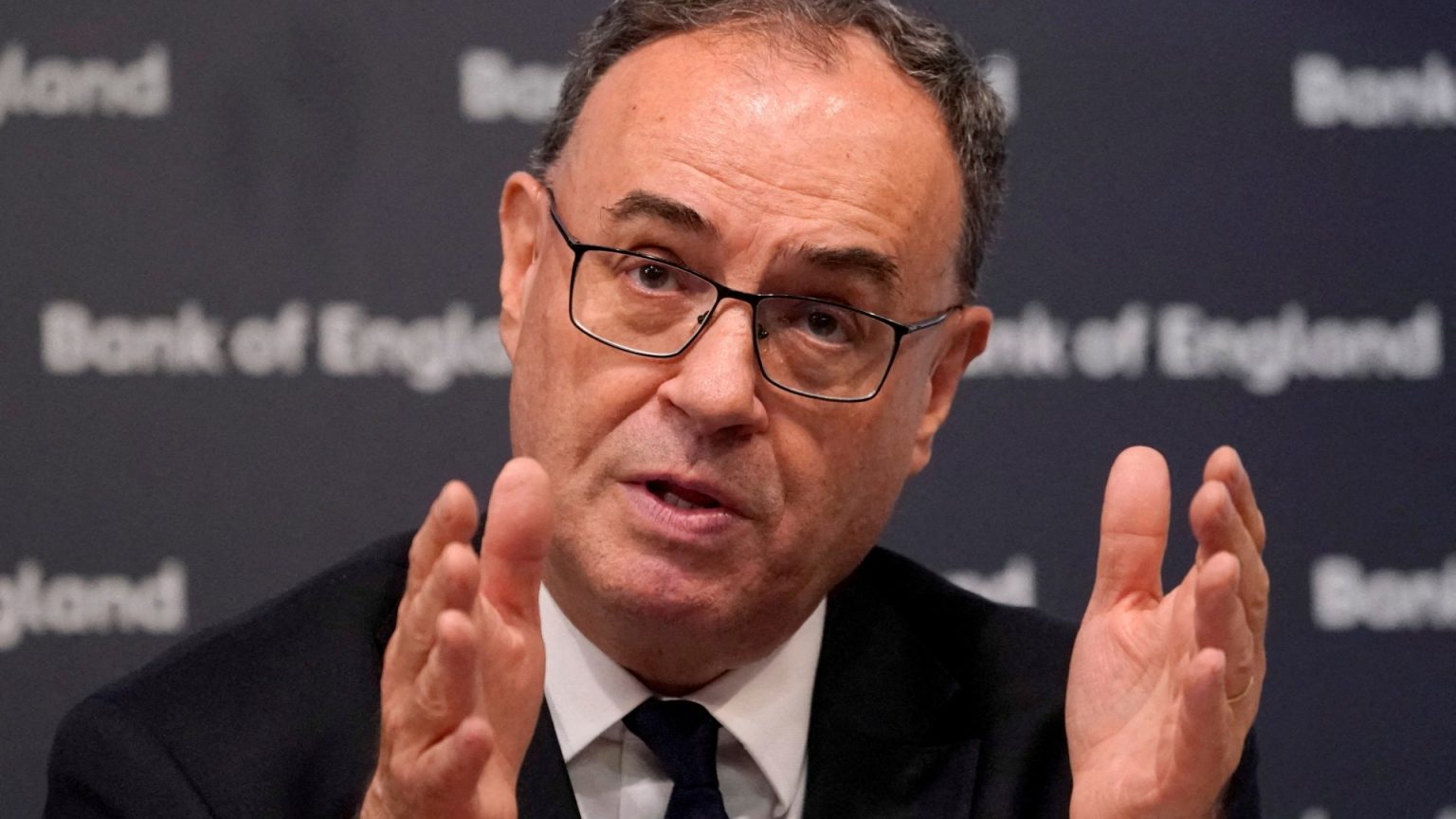The Bank of England Governor, Andrew Bailey, is opening himself up to public scrutiny, offering UK citizens a unique opportunity to directly question him on the institution’s monetary policy and its impact on their personal finances. This comes ahead of a crucial Monetary Policy Committee (MPC) meeting on February 6th, where the committee will decide the future trajectory of interest rates. Current market predictions anticipate a 0.25% reduction, bringing the base rate down to 4.5%, offering some respite after a challenging period of escalating borrowing costs. This public engagement initiative underscores the Bank’s recognition of the significant impact its decisions have on household budgets across the nation. The Sun newspaper is facilitating this dialogue, inviting readers to submit their questions via an online form before the deadline on February 3rd.
The timing of this Q&A session is particularly significant, given the current economic climate. In 2023, interest rates peaked at a 16-year high of 5.25% and remained elevated until September 2024. This surge was a direct response to the inflationary pressures triggered by the Russia-Ukraine conflict, which led to soaring prices for essential goods and services, including fuel and food. The Bank’s decision to raise rates aimed to curb inflation by increasing the cost of borrowing and encouraging saving. However, this strategy has also placed a substantial burden on borrowers, particularly those with mortgages and other forms of debt. Approximately one million UK homeowners are facing remortgaging this year, potentially at significantly higher rates than they previously enjoyed.
The Bank of England’s approach to managing inflation has drawn considerable criticism. Accusations have been leveled that the Bank maintained high interest rates for too long, exacerbating the financial strain on households already grappling with the cost-of-living crisis. Evidence of an economic slowdown is mounting, characterized by stagnant growth, a tightening job market, and increasing instances of companies downsizing their workforce. Simultaneously, concerns persist about a potential resurgence of inflation, fueled by businesses raising prices to offset increased costs resulting from recent budgetary measures.
While Governor Bailey is unlikely to divulge specific details about the number or magnitude of future interest rate adjustments, his responses will offer valuable insights into the Bank’s assessment of the prevailing economic risks. These insights are crucial for individuals and families seeking to navigate their financial planning in these uncertain times. The opportunity to directly question the Governor offers a rare glimpse into the decision-making processes at the heart of the UK’s monetary policy. By understanding the Bank’s perspective on the challenges and opportunities facing the economy, individuals can make more informed decisions about their own budgets and financial strategies.
This public Q&A session is more than just a public relations exercise; it represents a critical moment of engagement between the Bank of England and the people whose lives are directly affected by its decisions. The questions posed by the public will reflect the real-world concerns of families and individuals grappling with the complexities of a volatile economic landscape. From mortgage holders facing higher repayments to savers hoping for better returns, the range of inquiries will likely highlight the diverse impacts of monetary policy. This direct interaction provides the Bank with an invaluable opportunity to gauge public sentiment and address concerns directly, fostering greater transparency and understanding.
The Sun’s initiative to connect its readers with the Governor of the Bank of England represents a significant step towards promoting financial literacy and empowering individuals to engage with the economic forces shaping their lives. By providing a platform for direct dialogue, the initiative encourages greater public understanding of the complexities of monetary policy and its implications for personal finances. This increased awareness can empower individuals to make more informed financial decisions, navigate economic challenges more effectively, and hold institutions like the Bank of England accountable for their actions. The responses provided by Governor Bailey will undoubtedly be scrutinized not only by the public but also by financial analysts and market observers, seeking clues about the future direction of monetary policy in the UK.


